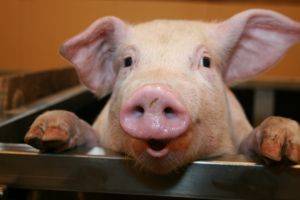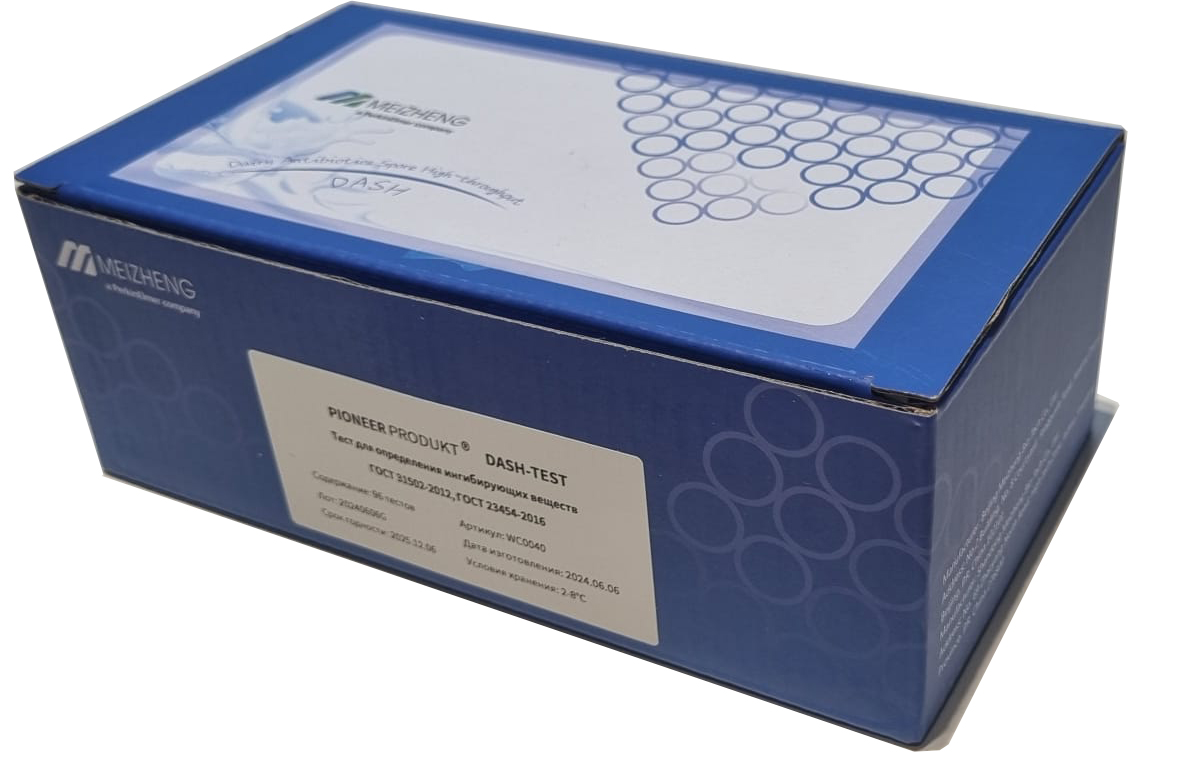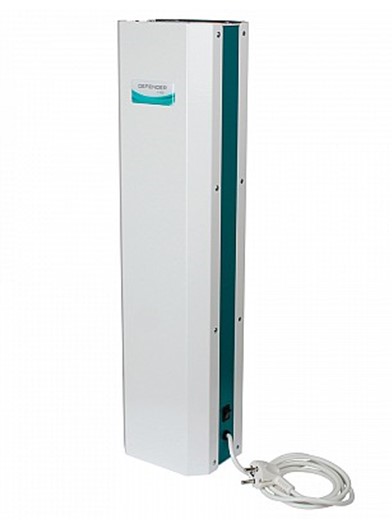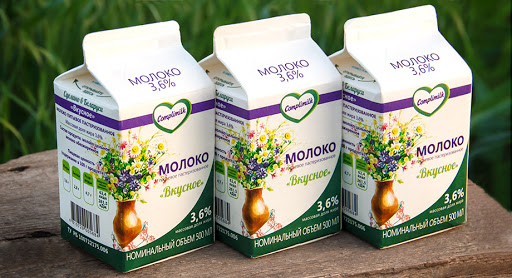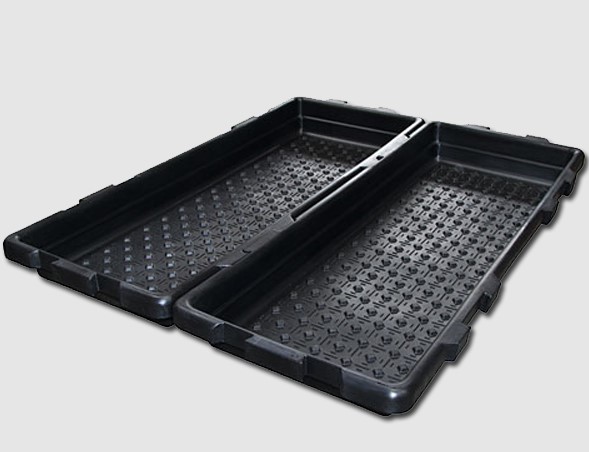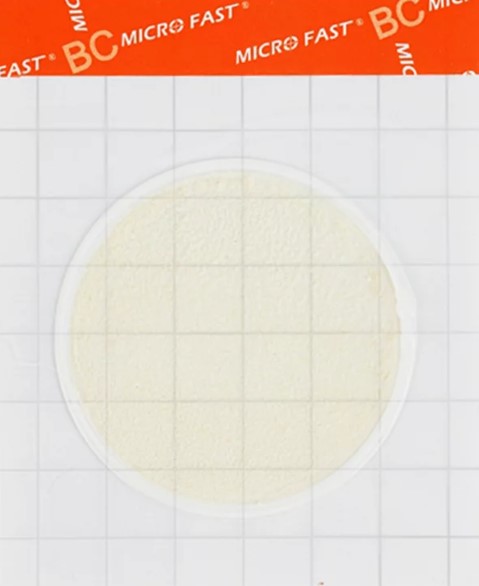How large meat agricultural holdings are adapting to the new challenges of the time
Producers of Russian pork have previously opposed the increase in imports, assuring that they have long and firmly provided the domestic market with the necessary product, the quality of which often surpasses foreign analogues. Now the meager share of imports does not bother anyone. The heads of the agro-industrial giants are forced to admit that the situation has not changed so quickly for them. Representatives of the business community, officials and industry-related experts tried to find answers to questions about how to live and work in it together.
The MEAT Capital
The consequences of sanctions imposed on Russian producers by the West have become a major challenge for both livestock and meat processing enterprises. In the Belgorod region, which feeds a fifth of the country with meat, severe restrictions have also been felt.
The HEAD of the Belgorod agricultural holding "Agro-Belogorye" Vladimir Zotov noted that there is simply no other way for the domestic agro-industrial complex to deal with all the new challenges. He recalled that it was from the Belgorod land that the movement towards the country's food security began. And despite the fact that the ambitious plans of the Belgorod farmers then caused a condescending smile, now more than 1.6 million tons of meat are produced here.
- Over 900 thousand tons - only pork, - said Vladimir Zotov.
Representatives of agricultural holdings are already silent about the fact that the industry is still forced to deal with such challenges as African swine fever. Moreover, even the potential threat of a disruption in the supply of equipment for livestock complexes, genetic material, medicines and vaccines does not cause the expected fear in them.
DIRECTOR General of the Russian Union of Pig Breeders Yuri Kovalev noted that there is no complete independence from imports in the current globalization of the economy. The industry has reached a certain level of self-sufficiency in terms of breeding materials - all purebred animals are now located on the territory of RUSSIA. High and indicators for information technology, equipment, premixes. He recalled that only the Belgorod plant provides 50 percent of the market for the essential amino acid lysine. And it is strange that no one else has implemented a similar project.
There are difficulties only with veterinary drugs, including vaccines. Yury Kovalev called this part of domestic pharmacy “ownerless”: there are no state structures that would be responsible for its development and support yet. Nevertheless, all foreign companies that have already become suppliers of necessary drugs on the Russian market decided to stay on it.
All other difficulties: logistical - for example, the transition from sea routes to railways - the choice of new payment systems, suppliers' requirements for prepayment, according to Kovalev and his colleagues, can be solved. The only thing that worries meat producers today is the sales market.
Prices are creeping
The prospects for the EXPORT of Russian meat in the current situation are very vague. Naturally, a large part of the pig farmers are still striving to conquer the Asian market, in particular Chinese consumers. “There are many of them, and they can pay,” one of the conference participants explained.
Most pig farmers are still striving to conquer the Asian market
. However, it is important that the Chinese partners accept the Russian regionalization. Pork producers are confident that if this happens, not only will there be barriers to supply, but there will also be risks of interrupting trade. The heads of agricultural holdings discuss the most striking example of the refusal of regionalization: when supplies from Germany were stopped "because of one sick boar."
As Yury Kovalev notes, it is also important what will be the demand for pork within the country. It shows that the increase in production annually is about five to seven percent. And such dynamics will remain in the future for the next few years, because this effect will be ensured by the funds invested in the development of the industry, including loans.
- We hoped for an increase in domestic consumption, but now we see the risk of a decrease in purchasing power, - the expert stated.
The cost of pork is rising. A few years ago this figure was 65 rubles per kilo, today it is 105. And this is the price without processing, packaging, transportation and other costs. Yuri Kovalev notes that feed, in particular the price of grain, plays a significant role in increasing the cost. The introduction of export duties, according to him, is to some extent a salvation for meat producers, because even vertically integrated holdings, which include grain companies with their own land portfolio, are not always able to provide themselves with raw materials for feed production.
- The prime cost of 105 rubles includes the price of grain at 20 rubles per kilogram, - said Yuri Kovalev.
Another factor that will continue to influence the price of meat is the cost of meal. A significant part of it is imported to the Russian market.
Selling - so immediately dinner
While producers are thinking about how to reduce the cost of meat in the face of lightning-fast changes, marketers are drawing up their plan of action. In difficult conditions, the consumer begins to save. The choice of cheaper types of products, the rejection of red meat in favor of chicken, and even offal - all these are the risks of the meat industry. Now half of the same pork is sold exclusively in the form of meat, the second is processed, for example, in sausage production. It is difficult to say what changes consumer demand will dictate in a few months.
Another risk for the manufacturer is the closure of popular catering chains. They bought a significant amount of meat products from local companies and, by the way, called it their own competitive advantage. Now, when the last burgers are eaten, where to distribute the vacant volume remains to be found.
Most marketers are advised to study the characteristics of the demand of a particular audience. Mistresses of the old school still buy chilled meat for the future, they make dumplings and cutlets themselves. Young people prefer high-quality semi-finished products. Irish marketer Harriett Johnston recommends:
- Sell dinner immediately. Sell family meals, get-togethers with friends.
He does not deny that this will often require cooperation, for example with vegetable producers. Among the Belgorod agricultural holdings specializing in the production of meat products, there are already those who, in their own retail chains, promote canned vegetable snacks, and bread according to author's recipes, and even products for pets. The advantage of such outlets over supermarkets is obvious: you can’t buy too much here.
According to Johnston, Russian producers should not regret the departure of popular catering chains either. The Irish marketer considers the popular meme with the transformation of McDonald's into "Uncle Vanya" the worst possible option.
“There is no need to engage in second-class import substitution,” he is sure. — We need to do much better than Western chains. Producers should simply become a comprehensive source of meat diet for the citizens of the country. So that when these sanctions are lifted, no one in Russia would even think of returning to foreign products.
On the whole, everything that comes out of the production lines marked “Made in Russia”, the Irish expert predicts a great future. It is only important to make a high quality product for the average consumer, conveying to him not so much the purpose of production as the mission - to make a person healthier, more beautiful and more successful.
Main investor
To the question of at whose expense to reformat the production and processing of meat, the agro-industrial giant companies know the answer: for this they will need to allocate their own budgets. But where to get them in the current conditions? Belgorod Senator Yevgeny Savchenko, who is now thanked in the industry union for supporting the construction of the only lysine plant in the country, proposed to calculate the profits of the domestic pig-breeding complex and the wages of its employees.
Simple arithmetic: almost five million tons of Russian pork is sold at about 120 rubles per kilogram in live weight. Revenue is about 600 billion rubles. Approximately two-thirds of this amount is spent on the production of meat, which is its cost. The remaining 200 billion is EBIDTA, and net profit - again, according to rough estimates - 150 billion rubles. Pig farmers, who began to doubt the calculations, nevertheless agreed: the profitability of production is now about 30 percent. And that's a pretty significant number.
- And what did the President of the United States Roosevelt do in 1929? We are now in a situation that is no easier than it was then in the United States. He decided: from a certain point on, all enterprises should work with a profitability of 10 percent, - Yevgeny Savchenko gave an example.
He noted that both suppliers of raw materials, equipment, and manufacturers of the final product began to pursue such a target, and the situation gradually improved. Thus, the profit of the pig-breeding complex under the described conditions would amount to 50 billion rubles.
- And the saved 100 billion rubles should be spent on lowering prices and raising wages, - said Evgeny Savchenko and dwelled on the second moment in more detail. - If now the salary is 40 thousand rubles, then it must be brought up to 80 thousand rubles.
With double the amount of income, the demand for goods will increase. Including pork. And this will allow the industry not only to survive in difficult times, but also to develop further.
- The main investor today is a man, - the senator is sure.
In addition, Evgeny Savchenko recommended to work on making the carbon footprint of the industry as small as possible: despite the postponement of the transition of the agro-industrial complex to carbon rails until 2025, he urged manufacturers not to relax, but already now to provide themselves with the opportunity to sell carbon quotas. And of course, take import substitution seriously.
- Do you have a dialogue on import substitution? Unfortunately, not yet,” the senator said. - Here you have received 150 billion rubles of net profit and decide what you need for work. Materials that are needed for daily maintenance of the equipment, materials for scheduled preventive maintenance, repair kits or process equipment in general? Medicines, vaccines, feed additives, seeds? Let's say we need soybean seeds, but today we get 40 percent of its seeds from abroad. Take on the task of producing them.
Another task for the agro-industrial complex, Yevgeny Savchenko, called maintaining the stability of labor collectives.
- People should afford a quality life. Now Russian ingenuity will begin to grow, the creative potential of our people will be revealed. Support him too, create funds,” he said. – Capitalism ended a long time ago, and the first signal was already given to us – when the CORONAVIRUS pandemic began. There is no music, but we are still dancing. We are moving to a new matrix of the world order. This means that the economy must obey it.

